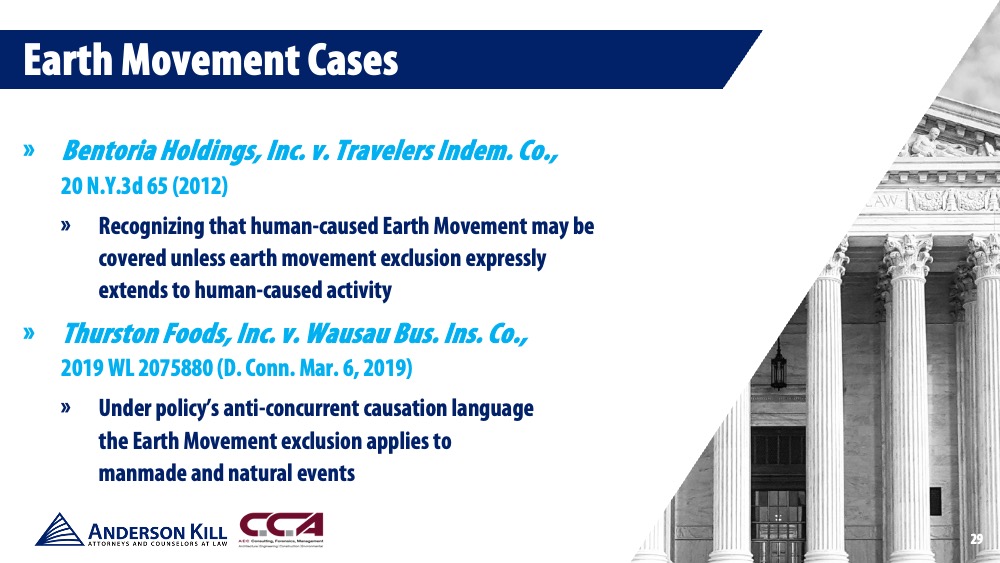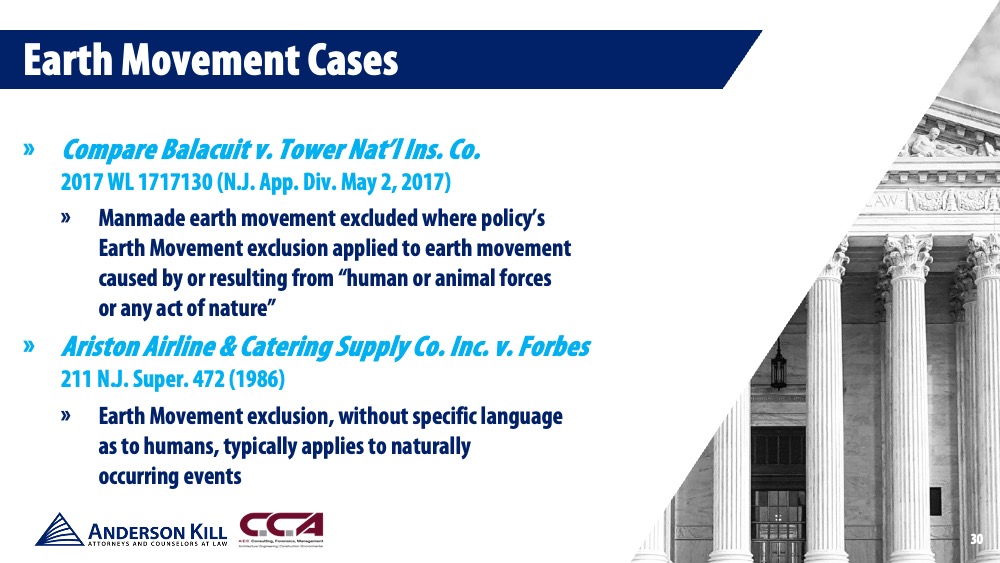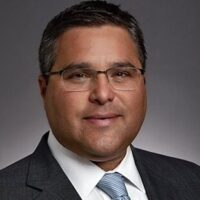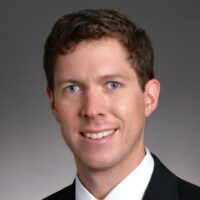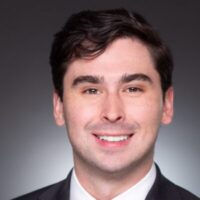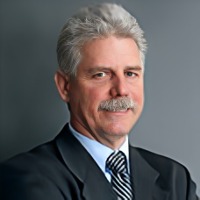Property Insurance Coverage for Emerging Risk of Underground Climate Change
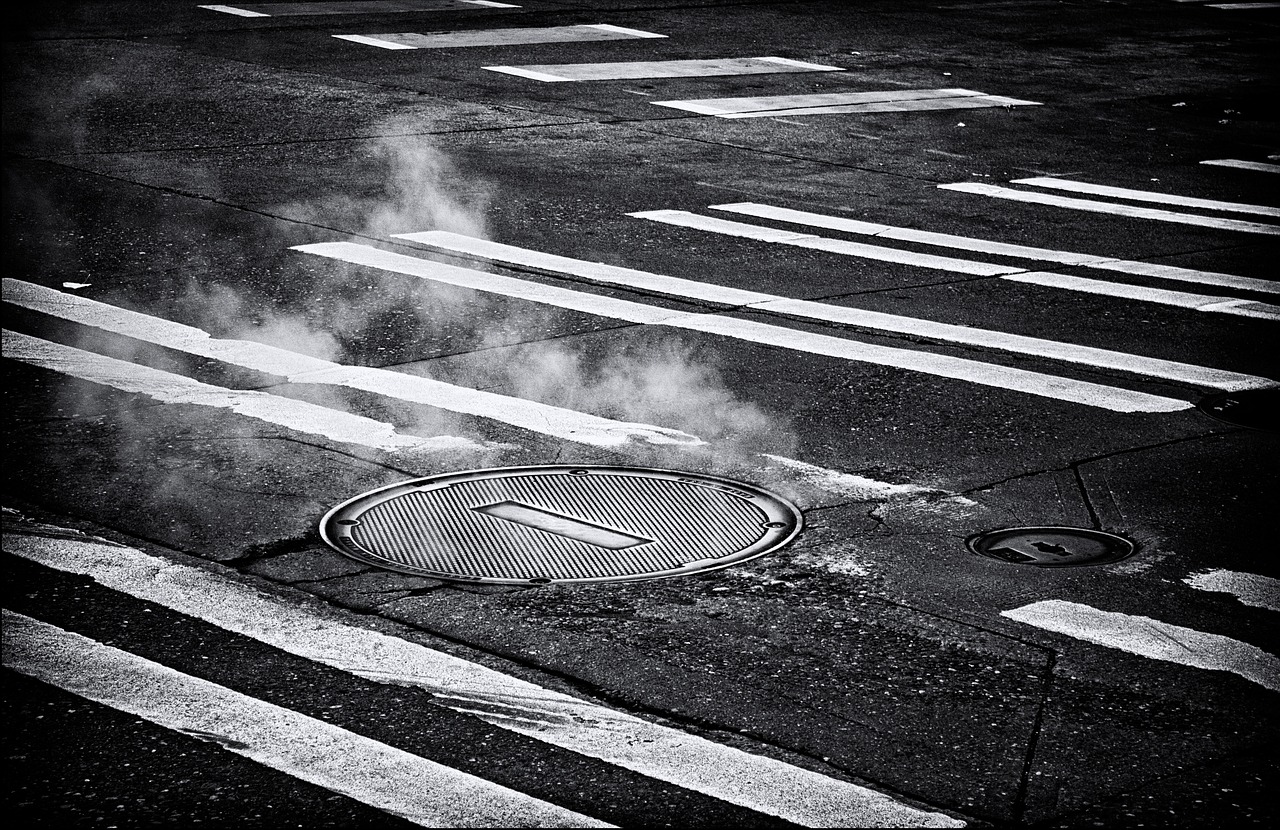
Better understand permutations of policy language and state law that may affect coverage for damage caused by underground climate change.
Studies have shown that heat emanating from basements, train tunnels, sewers, and other underground systems in major metropolises in the United States and Europe is heating the ground between city surfaces and the bedrock by as much as 27 degrees Fahrenheit.
As one of our presenters – a structural engineer – will illustrate, this “underground climate change” is affecting ground soil conditions, causing structural strains on buildings and exacerbating cracks and defects in walls and foundations.
Whether property insurance coverage will respond to loss and damage resulting from underground climate change will likely hinge on the application of the “earth movement” exclusion and potential exceptions thereto, in addition to other policy exceptions.
Focusing on broad “all risk” commercial property insurance policies, this webinar analyzes permutations of policy language and state law that may affect coverage for damage caused by underground climate change, including how state law treats anti-concurrent causation clauses, whether “human-caused” exceptions to earth movement exclusions may apply to underground climate change, and whether “abrupt collapse” exceptions to exclusions for building collapse may apply when undetected structural damage triggered by underground climate change triggers collapse.
You will learn about:
- What is meant by underground climate change and what are the causes?
- What does science say about the impact of underground warming on structures?
- What are some real-life examples of the effects of underground warming?
- Will commercial property insurance policies cover losses and damage?
- What various exclusions and exceptions of insurance are implicated?
- What is the state of litigation and what can we learn from it?
